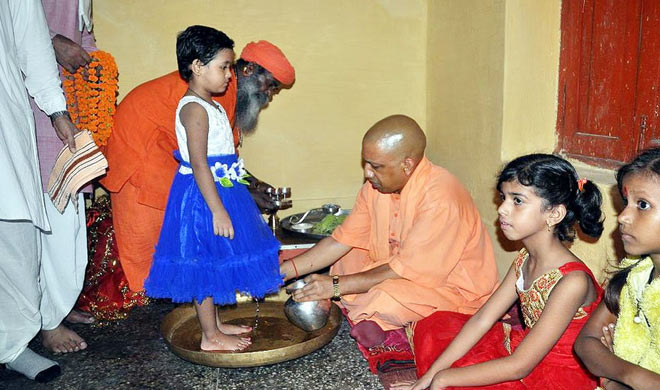but she is still the Divine Feminine, a Goddess and therefore part of Mahadevi or the Great Goddess?
I would have to say yes in principle if not in practice. Remember, most Hindus believe there is only one Reality. Despite that comment we’re not the stereotypical monotheists ala Abrahamics. While we believe in one Reality, we tend to believe It takes many forms, any of which we’re free to worship. God shows himself in a way meaningful to the devotee.
Sri Krishna says that though we may think we’re worshiping different deities we’re really worshiping only one. For Vaishnavas that’s him, for Shaivas that’s Shiva, for Shaktas it’s Devi (Krishna shows himself to Arjuna as all deities).
Now, I don’t think you’ll find many Hindus worshiping a Greek god/dess simply because it’s not something that has been part of Indian and Hindu history and culture. While we do have a warrior goddess in Durga (counterpart or aspect seen in Artemis/Diana, Athena/Minerva) the huntress aspect is missing in Durga that is present in Artemis.
No one path or religion has the market cornered on truth. We see only a cross-section of reality from the path we follow. Sure, there is only one mountain with one summit but from the road we’re on we may see different parts of the mountain; few can see the whole mountain.
All the preceding is only my opinion and view; there’s nothing authoritative in it.


